Jewish Historical Institute
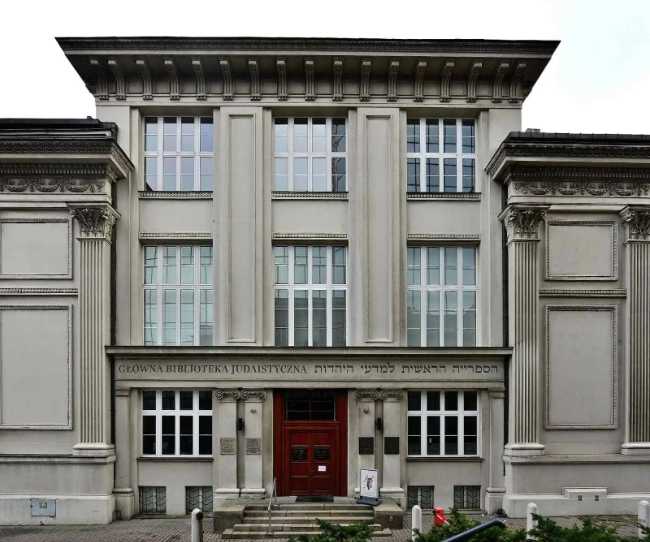
Located at Tłomackie 3/5 in central Warsaw, the Jewish Historical Institute is a vital cultural and research institution dedicated to preserving and exploring the legacy of Polish Jewry. Established in 1947, it continues the work of the wartime Jewish Historical Commission and is housed in the former Main Judaic Library, a building that survived the destruction of the Great Synagogue in 1943. The Institute is best known for safeguarding the Ringelblum Archive—an extraordinary collection of documents from the Warsaw Ghetto, compiled in secret by the Oyneg Shabbos group. Visitors can explore permanent and temporary exhibitions that illuminate Jewish life, culture, and resilience, including poignant testimonies, photographs, and wartime diaries. As a hub for academic research and public education, the Institute also publishes scholarly works and hosts conferences, making it a cornerstone of Jewish historical memory in Poland. Its mission is not only to preserve the past but to foster dialogue and understanding in the present.
Warsaw PolandThe Jewish Historical Institute is located at ul. Tłomackie 3/5 in central Warsaw, housed in a historic building that was once part of the Great Synagogue complex before World War II. Established in 1947, the Institute serves as a vital cultural and research center dedicated to the history and culture of Jews in Poland, emphasizing the Holocaust and Jewish heritage. The building still bears traces of the wartime destruction, adding a poignant historical atmosphere to the site. Nearby, visitors can explore the vibrant district where the Institute is situated, close to the former Warsaw Ghetto area. Not far from here stands the POLIN Museum of the History of Polish Jews, another major cultural landmark. The area also features the cool urban buzz of Warsaw’s city center with cafes, shops, and memorials. The Institute itself houses permanent exhibitions like the treasured Ringelblum Archive, showcasing the secret documentation of life and resistance during the Warsaw Ghetto’s existence, while its bookstore and café provide thoughtful spaces to reflect on Poland’s rich Jewish legacy. This location combines profound historical significance with the pulsating life of modern Warsaw, making it a key destination for cultural exploration.
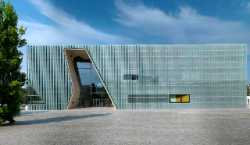 POLIN Museum of the History of Polish Jews
Warsaw
POLIN Museum of the History of Polish Jews
Warsaw
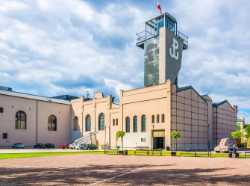 Warsaw Uprising Museum
Warsaw
Warsaw Uprising Museum
Warsaw
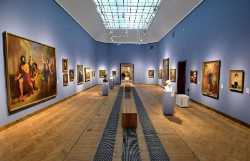 National Museum in Warsaw
Warsaw
National Museum in Warsaw
Warsaw
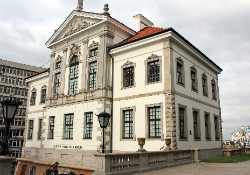 Fryderyk Chopin Museum
Warsaw
Fryderyk Chopin Museum
Warsaw
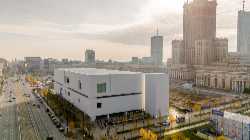 Museum of Modern Art
Warsaw
Museum of Modern Art
Warsaw
 Neon Museum Warsaw
Warsaw
Neon Museum Warsaw
Warsaw
 Museum of Warsaw
Warsaw
Museum of Warsaw
Warsaw
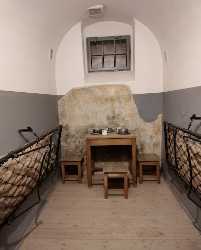 Pawiak Prison Museum
Warsaw
Pawiak Prison Museum
Warsaw
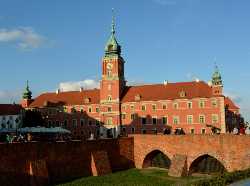 Royal Castle in Warsaw
Warsaw
Royal Castle in Warsaw
Warsaw
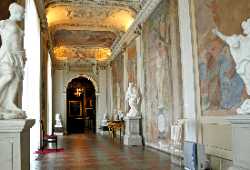 Wilanów Palace
Warsaw
Wilanów Palace
Warsaw
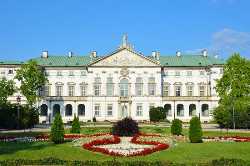 Krasiński Palace
Warsaw
Krasiński Palace
Warsaw
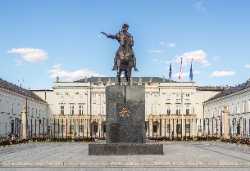 Presidential Palace Warsaw
Warsaw
Presidential Palace Warsaw
Warsaw
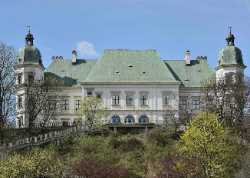 Ujazdów Castle
Warsaw
Ujazdów Castle
Warsaw
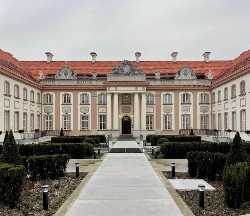 Branicki Palace
Warsaw
Branicki Palace
Warsaw
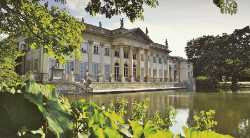 Łazienki Park
Warsaw
Łazienki Park
Warsaw
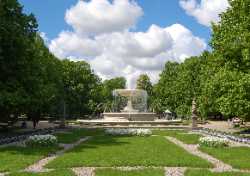 Saxon Garden
Warsaw
Saxon Garden
Warsaw
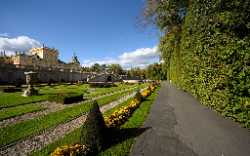 Wilanów Park
Warsaw
Wilanów Park
Warsaw
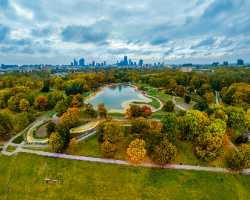 Mokotów Field
Warsaw
Mokotów Field
Warsaw
 Skaryszewski Park
Warsaw
Skaryszewski Park
Warsaw
 Botanical Garden of the University of Warsaw
Warsaw
Botanical Garden of the University of Warsaw
Warsaw
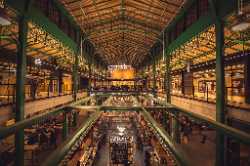 Hala Koszyki
Warsaw
Hala Koszyki
Warsaw
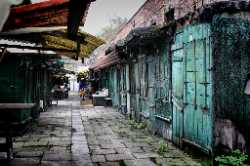 Bazar Różyckiego
Warsaw
Bazar Różyckiego
Warsaw
 BioBazar
Warsaw
BioBazar
Warsaw
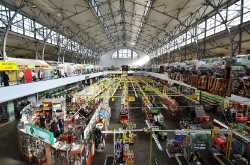 Hala Mirowska
Warsaw
Hala Mirowska
Warsaw
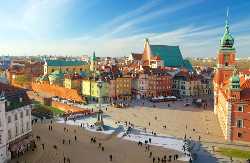 Castle Square
Warsaw
Castle Square
Warsaw
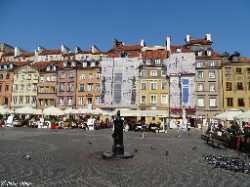 Rynek Starego Miasta
Warsaw
Rynek Starego Miasta
Warsaw
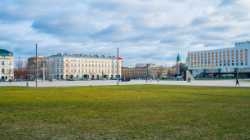 Piłsudski Square
Warsaw
Piłsudski Square
Warsaw
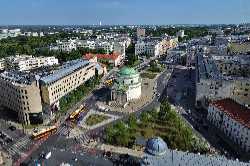 Three Crosses Square
Warsaw
Three Crosses Square
Warsaw
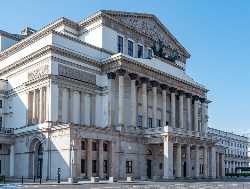 Grand Theatre
Warsaw
Grand Theatre
Warsaw
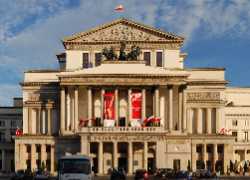 Warsaw National Theatre
Warsaw
Warsaw National Theatre
Warsaw
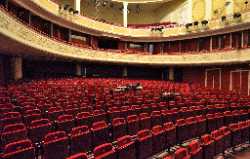 Teatr Polski
Warsaw
Teatr Polski
Warsaw
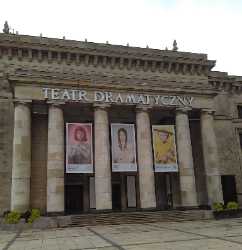 Dramatic Theatre
Warsaw
Dramatic Theatre
Warsaw
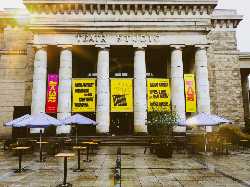 Studio Theatre
Warsaw
Studio Theatre
Warsaw
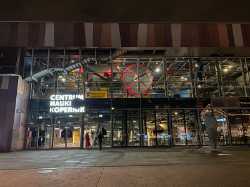 Copernicus Science Centre
Warsaw
Copernicus Science Centre
Warsaw
 Katyń Museum
Warsaw
Katyń Museum
Warsaw
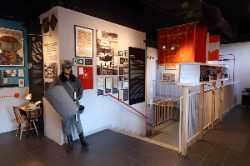 Museum of Life under Communism
Warsaw
Museum of Life under Communism
Warsaw
 Polish Army Museum
Warsaw
Polish Army Museum
Warsaw
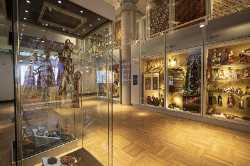 National Museum of Ethnography
Warsaw
National Museum of Ethnography
Warsaw
 Museum of Caricature
Warsaw
Museum of Caricature
Warsaw
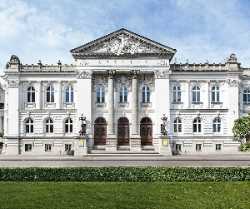 Zacheta
Warsaw
Zacheta
Warsaw
 Legia Warsaw Museum
Warsaw
Legia Warsaw Museum
Warsaw
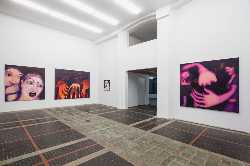 Raster Gallery
Warsaw
Raster Gallery
Warsaw
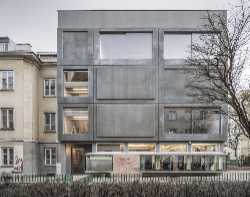 Foksal Gallery
Warsaw
Foksal Gallery
Warsaw
 LETO Gallery
Warsaw
LETO Gallery
Warsaw
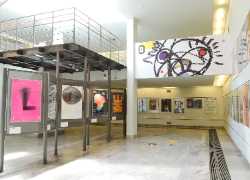 Polish Poster Gallery
Warsaw
Polish Poster Gallery
Warsaw
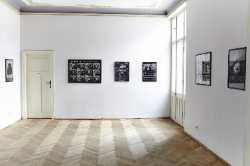 lokal_30
Warsaw
lokal_30
Warsaw
 Monopol Gallery
Warsaw
Monopol Gallery
Warsaw
 Galeria Asymetria
Warsaw
Galeria Asymetria
Warsaw
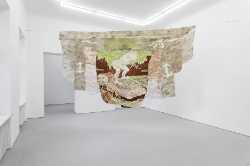 Wschód Gallery
Warsaw
Wschód Gallery
Warsaw
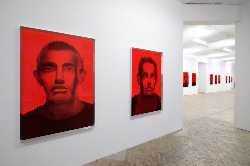 Piktogram Gallery
Warsaw
Piktogram Gallery
Warsaw
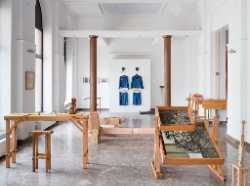 Polana Institute
Warsaw
Polana Institute
Warsaw
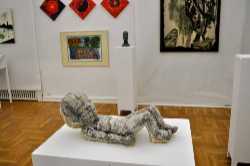 Salon Akademii
Warsaw
Salon Akademii
Warsaw
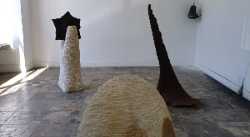 Galeria XX1
Warsaw
Galeria XX1
Warsaw
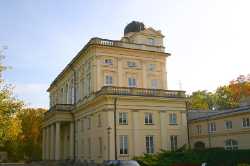 Warsaw University Observatory
Warsaw
Warsaw University Observatory
Warsaw